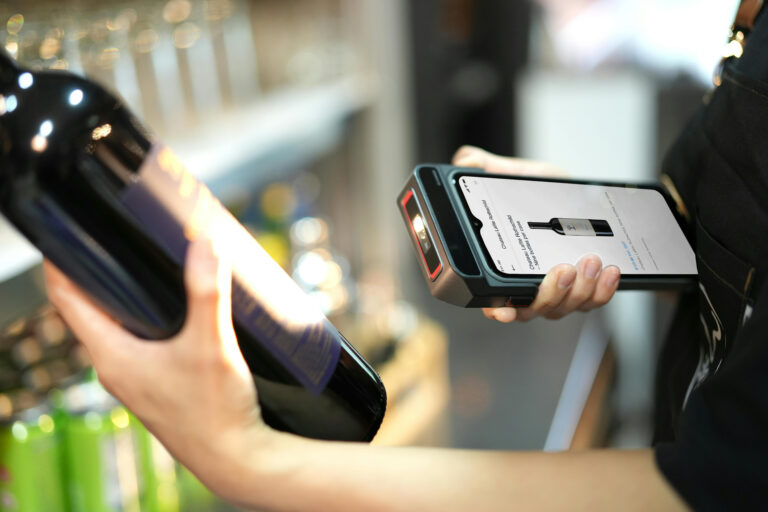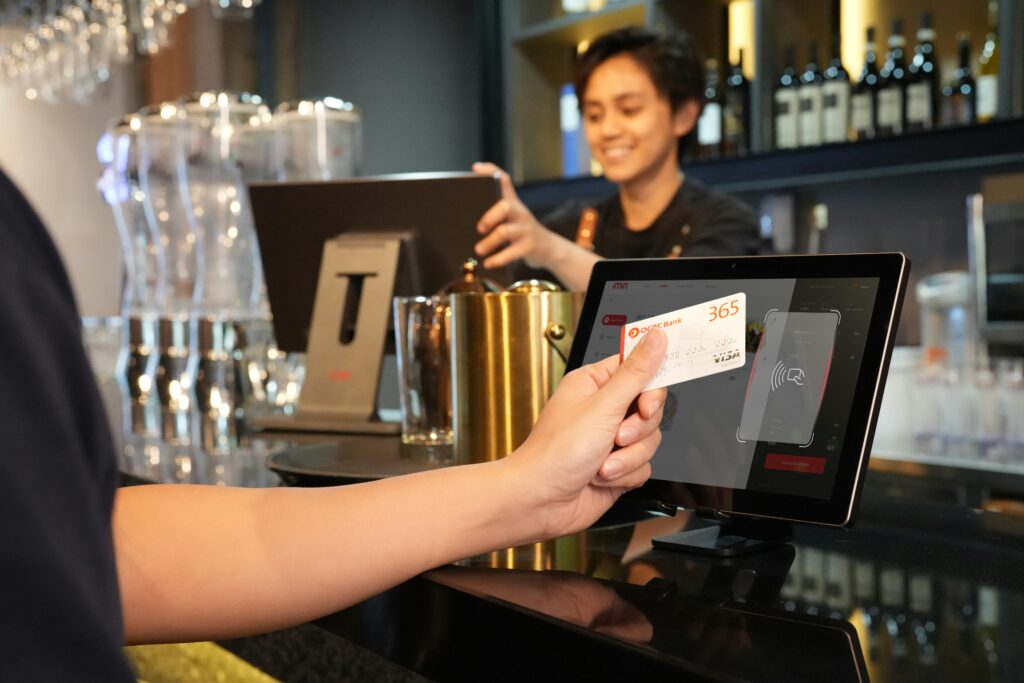After the birth of POS software, it was continuously used and improved in various industries. It eventually developed into two main forms: Cloud-Based POS and On-Premise POS. The choice between cloud-based and on-premise POS systems is a pivotal decision for businesses. Each model offers distinct advantages and disadvantages, and understanding them can guide businesses to the right solution.
Related articles: Restaurant POS Software Development in 2025
Cloud-Based POS Systems
Cloud-based POS systems operate online, storing data on remote servers accessible via the internet. This model is celebrated for its flexibility and scalability. Businesses can update features and access real-time data from anywhere, which is ideal for multi-location operations. Cloud-based systems also lower upfront costs as they often operate on subscription models, reducing the need for expensive hardware.
However, cloud systems rely heavily on internet connectivity, posing a risk of service interruption in areas with unstable networks. Data security, while robust in most modern systems, can also be a concern, as information is stored offsite.

On-Premise POS Systems
On-premise POS systems store data locally, typically on a server within the business premises. This ensures greater control over data security and reduces dependency on external networks. Such systems often appeal to businesses in areas with unreliable internet access or those requiring highly customized solutions.
On the downside, on-premise systems involve significant upfront costs, including hardware and licensing fees. Maintenance and updates can also be cumbersome, as they often require on-site support and manual upgrades. Scalability can be challenging as businesses expand.
Related articles: Key Features Tailored in Modern POS Development Key Considerations
When choosing between these models, businesses should consider factors such as budget, operational scale, and the importance of mobility and real-time access. Cloud-based systems suit businesses prioritizing agility and remote management, while on-premise systems are ideal for those prioritizing control and independence from internet reliability.
The right POS system can streamline operations and enhance customer experiences, so it’s crucial to evaluate these trade-offs carefully.
As 2025 approaches, the rise of hybrid models that combine the best of both worlds—offering local data storage with cloud backup—continues to grow, providing businesses with a more tailored approach to POS development.

